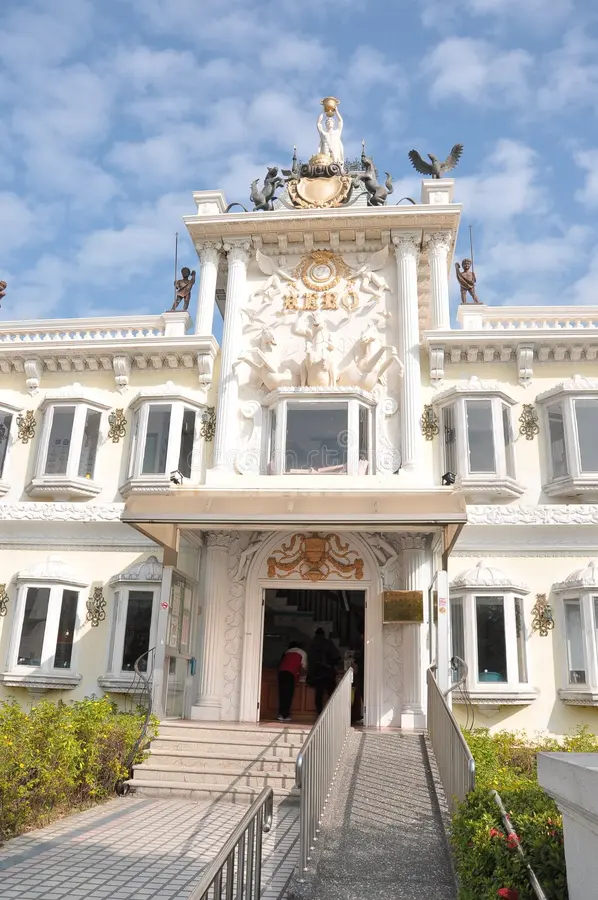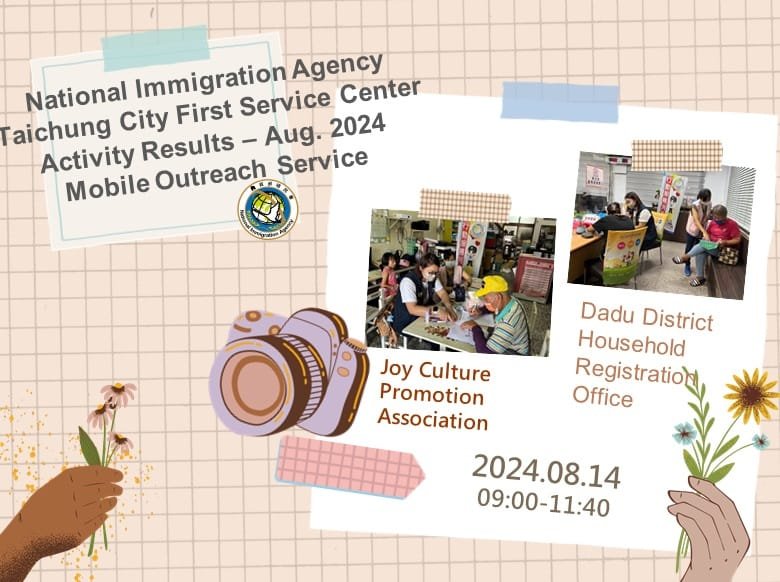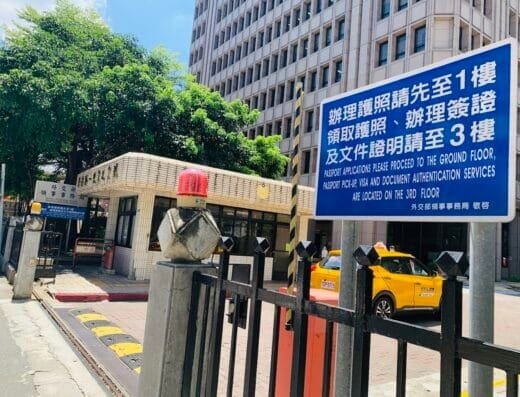National Immigration Agency consists of four divisions, four offices, four corps, and two task force units. The four divisions are Entry and Exit Affairs Division, Immigration Affairs Division, International Affairs and Law Enforcement Division, and Immigration Information Division.
The National Immigration Agency (NIA) is Taiwan’s central authority for all immigration-related policy and implementation. Operating under the Ministry of the Interior, it manages visas, entry/exit regulations, permanent residency pathways, and foreigner registration. NIA is structured into four main divisions: Entry and Exit Affairs, Immigration Affairs, International Law Enforcement, and Immigration Information. It also includes administrative corps (North, Central, South, and Border), a technology investigation center, and a national training center.
The agency’s role extends from visa issuance and ARC (Alien Resident Certificate) processing to data management, border security, and oversight of foreign labor and international cooperation. All long-term residency applicants, entrepreneurs, and relocating professionals must engage with the NIA either directly or through a licensed immigration consultant.
What They Do Well:
✔️ Manages all foreign residency, ARC, and visa records for Taiwan
✔️ Maintains professional, structured divisions with regional administration
✔️ Works with other ministries to coordinate investor, work, and family visas
✔️ Oversees border control, exit/entry data, and permanent residency upgrades
✔️ Publishes immigration rule changes and official documentation in English
✔️ Provides a centralized, accountable system for legal foreign stay in Taiwan
Potential Drawbacks (Agency-Level):
⚠️ Not public-facing — interaction usually requires an agent or fluent Mandarin speaker
⚠️ Application processes are strict, with little flexibility on document format or errors
⚠️ Processing times can be inconsistent during peak seasons or regulation shifts
⚠️ No legal support or appeals process — separate legal counsel is required in disputes
Taiwan — High-Functioning Society with Strategic Limitations
National Benefits:
✔️ Strong tech-driven economy — ideal for engineers, remote workers, and entrepreneurs
✔️ Low crime, polite society, and democratic legal protections
✔️ Efficient public healthcare (NHI) and affordable services
✔️ Modern transport systems and digital infrastructure
✔️ Diverse outdoor options — mountains, beaches, hot springs, and night markets
✔️ Open, rights-respecting culture with strong education system
✔️ Great food — mix of Chinese, Japanese, and Southeast Asian influences
National Limitations:
❌ Political tension with China — geopolitical risk may impact long-term planning
❌ Frequent earthquakes and seasonal typhoons
❌ Tough corporate culture — long hours, high performance expectations
❌ Air pollution in Taipei and industrial zones
❌ Language barrier persists outside urban areas — English signage limited
❌ High property prices in Taipei, Hsinchu, and other tech-driven hubs
❌ Limited international diplomatic recognition — affects passport power and some consular processes
Best For:
Professionals, tech workers, and foreign entrepreneurs seeking a safe, structured country with strong infrastructure, elite healthcare, and full digital access. Taiwan is best suited for those who value system stability and personal safety, and are willing to adapt to linguistic and cultural structure while gaining long-term residency.
The four offices are Secretariat, Personnel Office, Civil Service and Ethics Office, and Accounting Office. The four corps are Northern, Central, and Southern Administration Corps, and Border Affairs Corps. The two task force units are training center and technology investigation center.
Benefits of Taiwan
- Strong tech economy
- Safe, friendly society
- Great healthcare and transport
- Beautiful nature and outdoor activities
- Delicious, affordable food
- Democratic, open culture
- Good education syste
Downsides of taiwan
- Political tension with China
- Natural disasters (earthquakes, typhoons)
- Limited global recognition
- Tough work culture
- Language barriers outside cities
- Some air pollution
- High housing costs in big cities
Categories
Features
Regions
Pricing
Video
Location
FAQ
Do I need a Taiwan visa if I have a layover in Taiwan?
If you are staying in Taiwan for less than 24 hours and do not leave the airport transit area, a visa is not required for nationals from certain countries. For longer layovers or if you plan to leave the airport, you will need to apply for a transit visa or a tourist visa.
Can my Taiwan visa be transferred to a different type after arrival?
Changing the visa type once you're in Taiwan can be complicated. For instance, a tourist visa generally cannot be changed to a work visa. However, certain exceptions apply, such as if you find a job while in Taiwan on a tourist visa. You should consult the local immigration office or your visa agency for guidance.
Similar Listings
Only guests who have booked can leave a review.





 >
>



